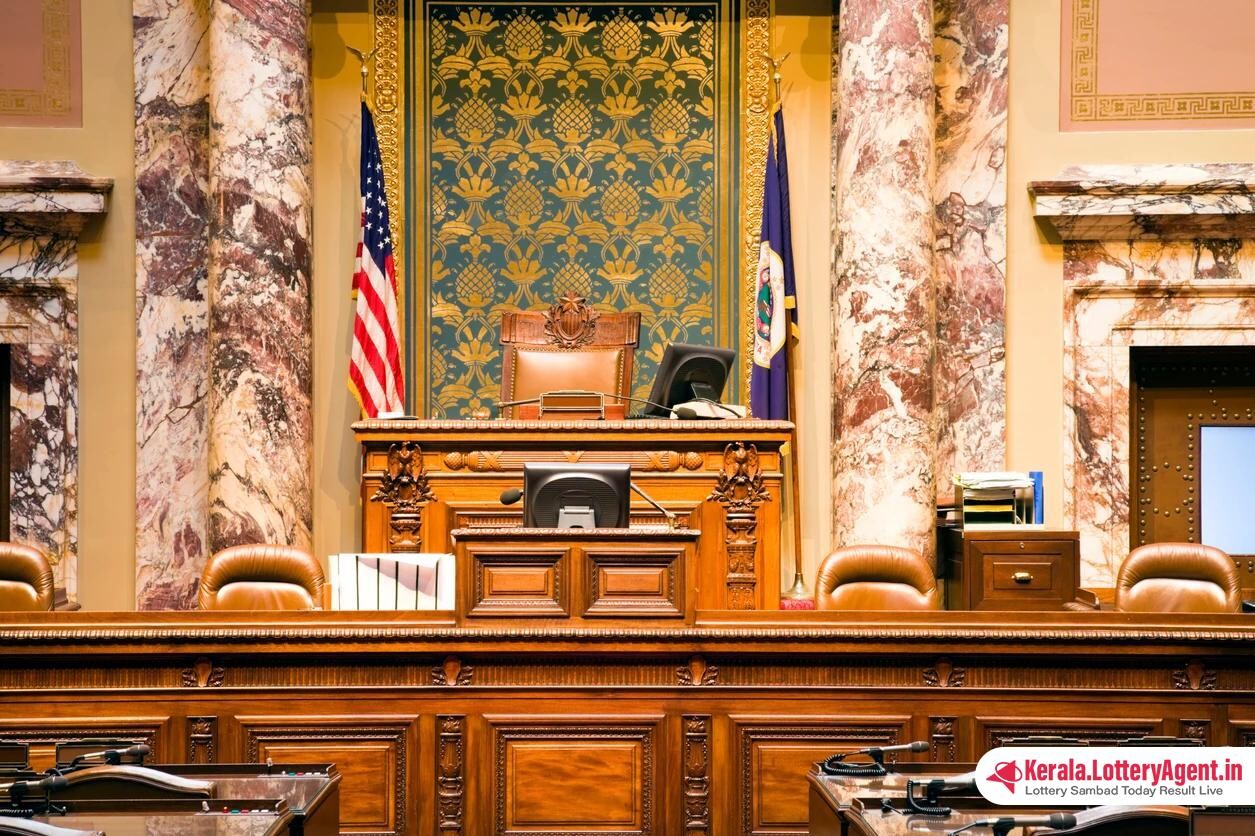
Minnesota’s legislature is actively engaging in shaping the future of sports betting within the state as SF 1949, a pivotal piece of legislation, advances through the Senate. Having already made its way through six Senate committees, the bill now faces scrutiny in the Senate Finance before potentially mirroring the process in the House. With the legislative session due to adjourn on May 20 and the absence of a crossover deadline, time is of the essence for lawmakers who have found themselves at this juncture previously. Similar bills have historically passed the House only to reach a standstill in the Senate, raising questions about whether the state’s 11 tribes will retain exclusivity in sports betting, or whether horse tracks will also be included. The current Senate draft of the bill favors the inclusion of horse tracks, a point of contention for the Minnesota Indian Gaming Association.
The taxation rate for sports betting has undergone scrutiny in the Senate, with Senator Aric Putnam proposing a pivotal amendment to heighten the tax from 10% to 20%. Additionally, this amendment seeks to offer a temporary reprieve for operators by allowing them to write off 100% of promotional play for the initial two years. Over the following four years, this write-off would be incrementally reduced by 25% annually until it is phased out completely.
One of the critical discussions surrounding the bill is how the revenue from this increased sports betting tax would be allocated. The amendment outlines a comprehensive plan: earmarking 10% to support problem and responsible gambling initiatives, 5% to the state’s racetracks, 20% to provide tax relief for charitable foundations, 15% to bolster Minnesota’s tourism commission, 5% for the Minnesota High School League, and the remaining 45% funneled into the state’s general fund. This distribution aims to benefit not just the gambling industry but various social and economic sectors throughout Minnesota.
Senator Matt Klein, a sponsor of the bill, explained to the committee that the initial tax rate was not deemed sufficient, hence the decision to double it. However, the amendment to increase the tax — Amendment A-104 — was not the only suggestion on the table. Senator Scott Dibble proposed several amendments, which sought to redistribute funds, reduce funding to horse tracks, eliminate promotional write-offs, and establish a bidding process for licenses that incorporated a minimum 40% tax rate. Despite other alternatives, A-104 was the sole amendment to gain approval.
The decision to increase the wagering tax has not gone without its detractors. Minnesota Senator Steve Drazkowski has been an outspoken critic, expressing concern that higher taxes on sports betting could ultimately place a heavier financial burden on consumers. Drazkowski fears that such a tax would disguise the cost of promoting an industry tied to addictive behavior, ultimately paid for by the bettors themselves. He contends that without the tax, fees associated with sports betting would be considerably lower. These arguments reflect the ongoing debate about the economic implications and ethical considerations involved in regulating and taxing legalized gambling.
The proposed legislation progresses following a voice vote by the committee. As Minnesota inches towards legalizing sports betting, Governor Tim Walz has already indicated his willingness to sign a legal sports betting bill into law. With a complex web of interests from tribal exclusivity, the role of horse tracks, and the mechanisms of taxation and revenue allocation, the journey of SF 1949 through Minnesota’s legislative process remains a topic of anticipation and scrutiny for all stakeholders involved.












